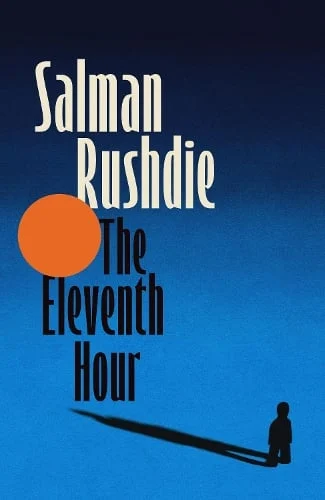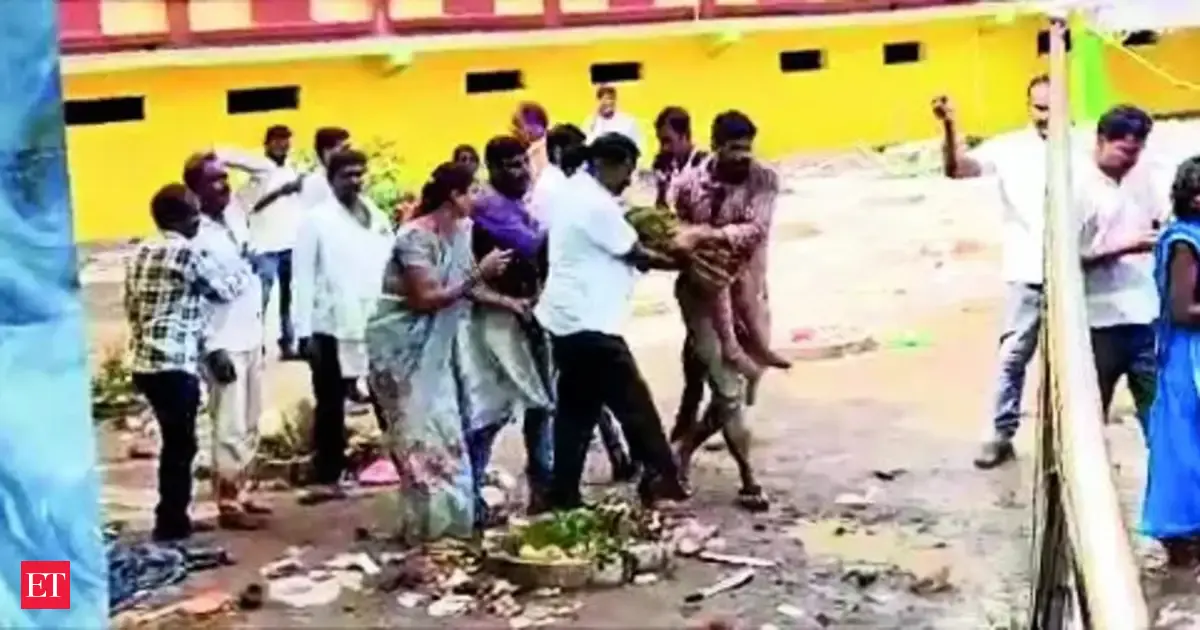Copyright standard

Death stalks the pages of Salman Rushdie’s latest book, The Eleventh Hour, and it’s there in the first story in this collection. “They were eighty-one years old,” he writes. “If old age was thought of as an evening, ending in midnight oblivion, they were well into the eleventh hour.” Salman Rushdie is 78 now and conscious of his mortality. Thank goodness, though, it’s ordinary death — the bloke with a scythe — that invests these stories, not an assassin. It’s three years since a young Islamist almost killed Rushdie, leaving him blind in one eye with paralysis in one hand. In fact, the attempt on his life may have galvanised him into greater productivity. As he said in an interview: “I have this very strong feeling of ‘don’t waste your time’. If you survive something which, in a way, I had no business surviving, then you think, ‘This is a gift.’ How do you use the gift? It clarified my thinking.” That’s laudable. And if death is a preoccupation in these stories, it’s natural in a man who has survived many of his friends. Sometimes it’s funny. The first story, In the South, concerns two old men living on neighbouring verandahs, Junior and Senior, one 17 days older than the other. “You look terrible,” Junior told Senior, as he did every morning. “You look like a man who is only waiting to die.” Senior — nodding gravely … responded, “That is better than looking, as you do, like a man who is still waiting to live.” Of course it is that chaffing and arguing that keeps them alive. For the old, death in life is the death of contemporaries. “The old move through the world of the young like shades, unseen, of no concern. But the shadows see each other and know who they are.” Death is the whole point of Late (a punning title), which begins arrestingly, “When the Honorary Fellow S. M. Arthur woke up in his darkened College bedroom he was dead.” And so we find ourselves in King’s College, Cambridge, which Rushdie attended, and which haunts him as much as any spirit. The college finds itself with the ghost of a distinguished fellow, a novelist admitted on the strength of one novel, who never writes another. He is visible only to Rosa, a lonely Indian girl to whom he gradually reveals his intentions. “He had now been dead for some months, but at last he began to understand why he was still here, still present within the College grounds. There was something incomplete about his life that needed to be completed before he could rest … Revenge. Exoneration, and revenge.” He gets it too. It’s an odd story, for which Rushdie shamelessly plunders the life of Alan Turing, but it’s an interesting exercise in thinking what death entails. The stories flit between India, England and the US. The Musician of Kahani is about revenge too, as a preternaturally gifted young musician uses her music to bring down the mighty in her world: her husband’s family with its arrogance of “the rich-rich” and the spiritual charlatan who beguiled her father. And yes, we’re back to magical realism: “Her music really had acquired powers of enchantment.” And when a Zoroastrian priest makes a blessing at her wedding including “an existence of one hundred and fifty years!” the narrator interjects: “One century and a half! Those of us getting on in life now think, ‘I want a blessing like that.’” The weirdest story is Oklahoma, which purports to be the papers of a writer: “A narrative that is untrue and therefore true, as fiction is.” A young man hunts down the celebrity writer with whom he is obsessed, only to find that their identities have become mixed. It’s compelling, in a dreamlike way. Rushdie may be preoccupied with death but it doesn’t half enliven his fiction. Melanie McDonagh is a columnist for The London Standard



